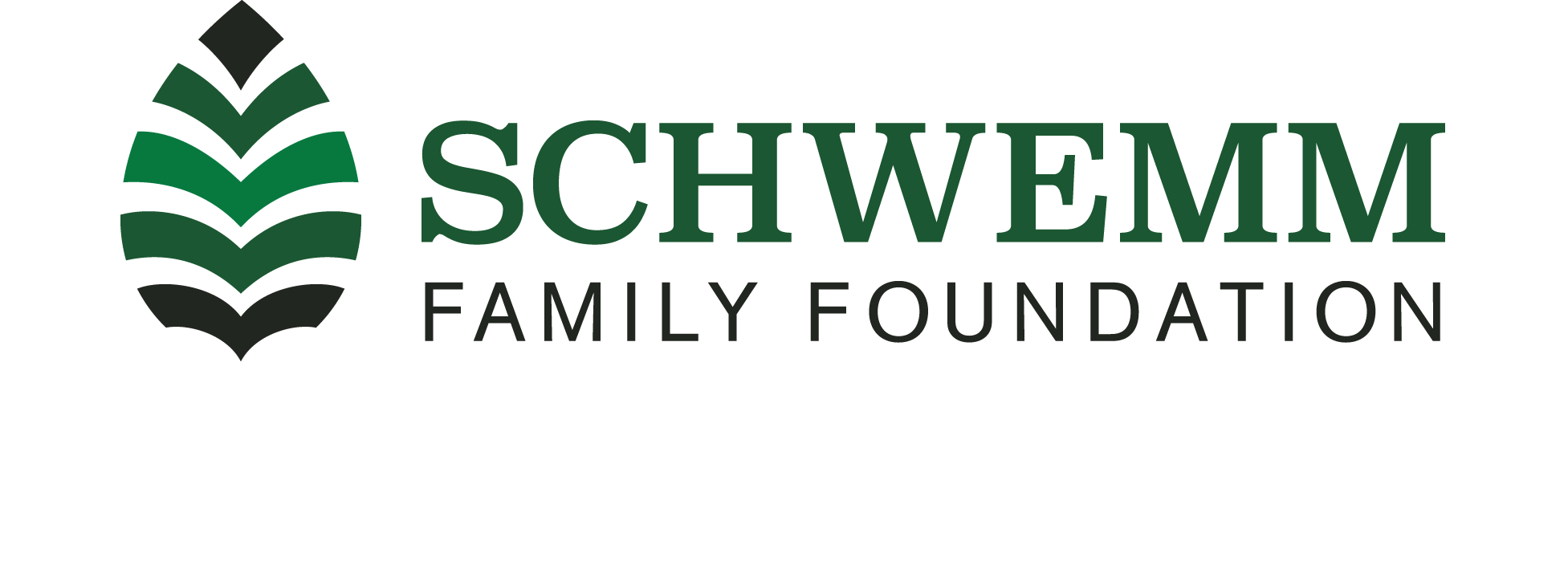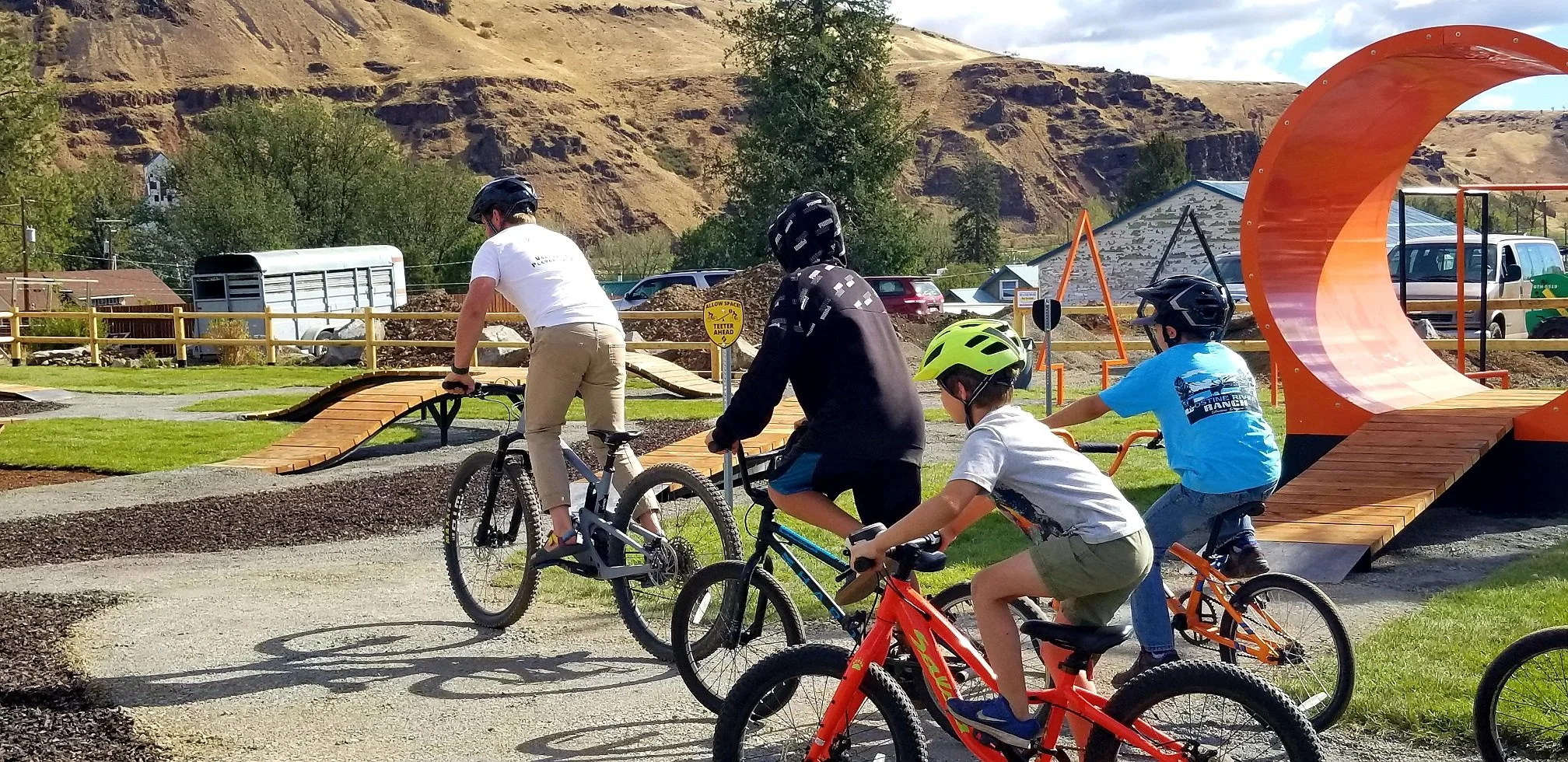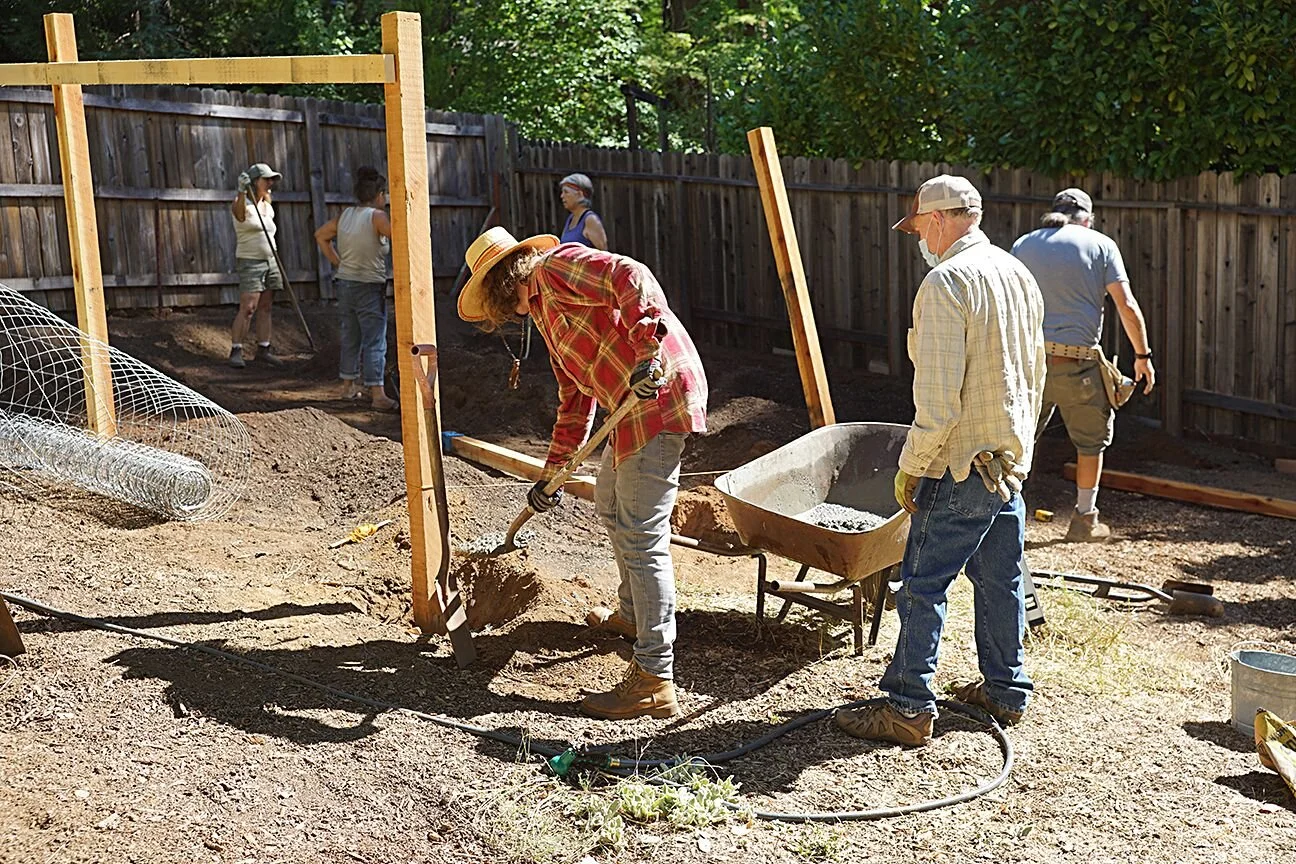The We Sow We Grow Project addressed the pressing need for local, healthy fresh produce and community connection in West Pullman, a neighborhood marked by a 50% household food insecurity risk and a staggering 53% adult obesity rate.
Read MoreWolf Creek, located in the Sierra Nevada foothills of California, has been a working alliance for over 20 years with the dual goals of preserving and protecting the local watershed while increasing public access to the creek and adjacent hillsides. As part of this effort, and with help from a SFF grant, Wolf Creek recently created a series of walking and biking tours within the watershed.
Read MoreLost Sierra, working in remote Plumas County California, is dedicated to the reduction of food insecurity by providing training and education related to ecological farming. With help from a SFF grant, Lost Sierra has been able to add a much-needed outdoor classroom to their 2-acre interactive garden.
Read MoreWhite Buffalo (WB), located near Santa Barbara California, is committed to land stewardship practices that support biodiversity, water and soil resources, and human health. WB has recently partnered with the Santa Ynez Band of Chumash Indians in the planning and implementation of a series of trainings focused on the building of resilient gardens. With the help of a SFF grant, these gardens are today being managed by members of the Ynez Band to grow a variety of food, fiber, and medicinal and ceremonial plants.
Read MoreBuilding Healthy Families, a family support organization serving Eastern Oregon, spearheaded an effort to construct a bicycle park features rollers, tunnels, pump tracks, rock gardens and a wide number of areas for kids to ride bikes, scooters, skateboards and rollerblades. Funds provided by the Schwemm Family Foundation were used for the purchase of several features in the playground, including bike teeter totters and a snake tunnel, which help to make the park a unique green space for the children of Wallowa County to enjoy.
Read MoreThe Farm to School program partners with local schools in the greater Los Angeles area to build farm labs and outdoor learning gardens for students to have access to project-based outdoor learning opportunities. Funds provided by the Schwemm Family Foundation went to refurbish the culinary learning garden at Arroyo High School, supporting the AHS students taking part in this program to learn to grow their own organic food, and to cultivate and experience the setting of urban green spaces at their school.
Read MoreSupper Club, a part of the larger Lift Urban Portland Adopt a Building program, provides on-site food security services in low-income apartment buildings in Northwest and Downtown Portland, Oregon. The Schwemm Family Foundation partnered with Lift Urban Portland to help fund the Supper Club program in two high need, low-income buildings in the City of Portland, providing a healthy eating, multi-part workshop series focused on nutrition education, cooking skills, and healthy meal preparation.
Read MoreFormed in rural Southern Oregon in 1992, the APWC has evolved to become a national model for agency-community collaboration and innovation. One of their newest collaborative projects, Grow Youth, combines riparian restoration with monitoring education at a popular county park. In 2021, funds from the SFF were used to support this program in their efforts to enhance a section of the Applegate River for fish, beaver, and other wildlife while involving students in monitoring the removal of a variety of invasive species and the growth and survival of numerous native plants.
Read MoreEco Urban Gardens is committed to combating food insecurity in the great Los Angeles area through urban agriculture and regenerative living. One of the ways they are doing this is by helping to create and maintain a Foraging Café at one of the local high schools where students can learn to forage for edibles and then prepare them into a healthy meal. In 2021, the SFF supported the Foraging Café as they expanded the planting and irrigation of a variety of edible, medicinal, and pollinator-friendly plants while at the same time integrating numerous hands-on educational workshops for students and the community at large.
Read MoreThe Schwemm Family Foundation helped the Oakland-based organization, Cycles of Change, host a bike class (bike included) in order to help community members have more accessible and environmentally friendly modes of transportation.
Read MoreThe Schwemm Family Foundation supported Coastal Roots Farm in its missions of growing and distributing fresh, organic food to low-income, elderly, and food insecure Indigenous/Native families living throughout San Diego County. Each year, the Farm grows more than 50,000 pounds of food for over 30,000 community members.
Read MoreSierra Harvest works to build small, local gardens at public facilities and to train residents to tend the gardens and ultimately produce healthy meals. The SFF supported this effort by providing funding that allowed the construction of 14 gardens and the organization of gardening, composting, and cooking classes
Read MoreGardeneers is a Chicago-based organization working to increase healthy food availability to underserved neighborhoods while also teaching students long-term habits for growing and eating good foods. The SFF supported Gardeneeers in their efforts to grow and distribute fresh produce to several communities, particularly during the pandemic.
Read MoreCoastal Roots Farm, based in San Diego, works to distribute organic food to populations in the city that are food-insecure. The SFF contributed to this organization’s Organic Food Distribution Program to provide supplies and personnel that supported no-cost food deliveries to senior Native Americans in San Diego and on the Santa Ysabel Reservation in association with the San Diego American Indian Health Center.
Read MoreHealthy Klamath is a coalition of organizations working together to support a wholistic approach to community health in and around Klamath Falls, Oregon. The Blue Zones initiative included a project to increase signage that directs people to local trails and walkways, and the SFF contributed to this effort. Data collected as part of the initiative indicate that signs and trail maintenance are particularly important tools for increasing citizen trail use and improving overall community well-being.
Read MoreACCESS has been dedicated to helping residents of Jackson County Oregon break the cycle of poverty since 1976. Through their Food Share Gardens, Access volunteers grow and harvest an abundance of food that is distributed locally. In an effort to extend the growing season and propagate their own starts, Access has built two new greenhouses at their Central Point garden location. Schwemm Family Foundation funds have helped with this effort, which will ultimately result in an increase in fresh, nutritious food being provided to local low-income community members.
Read MoreThis project aimed to build a community garden for low-income and disabled seniors in Santa Paula, California. With help from the SFF, raised beds were installed and supplies purchased so seniors could participate in planting seeds and tending plants. Volunteers then assisted the residents with planting and helping the new gardeners learn how to tend their young plants.
Read MoreSince their inception in 2010, ACCESS Food Share Gardens have contributed over 370,000 pounds of organically grown produce to the ACCESS network of 50 emergency and supplemental food pantries, meal sites and other distribution sites in Jackson County of southern Oregon. With the help of a grant from the Schwemm Family Foundation in 2017, ACCESS was able to develop partnerships with new land hosts in Gold Hill and Rogue River, Oregon after their long-term garden sites in both communities changed ownership last year. ACCESS quickly forged relationships with a church/charter school in Rogue River and Moose Lodge #178 in Gold Hill and were able to develop two new productive garden sites in time for the 2017 growing season.
Read More
















